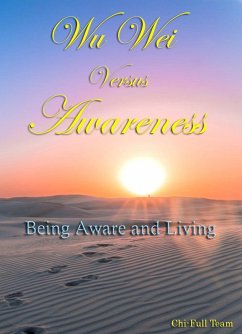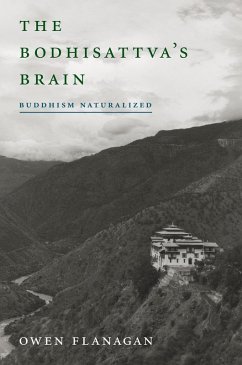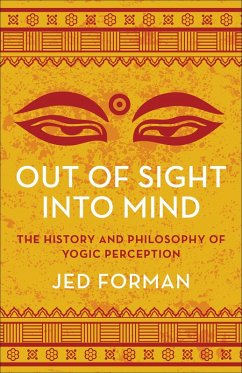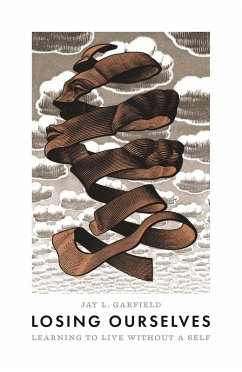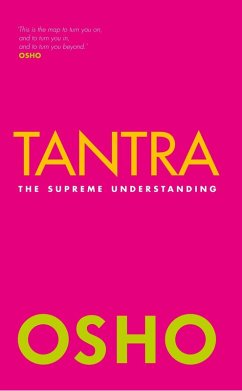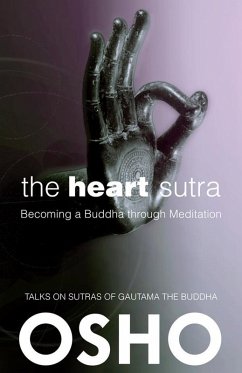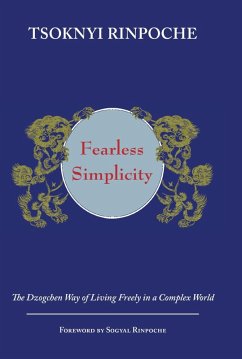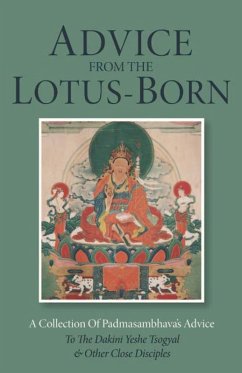
Brain Versus Mind (eBook, ePUB)
Versandkostenfrei!
Sofort per Download lieferbar
2,99 €
inkl. MwSt.
Weitere Ausgaben:

PAYBACK Punkte
1 °P sammeln!
The book is divided into three partsThe Mind in Every Day Living, The Mind and the Dream World, and The Mind after Death. Due to the immateriality of mind or consciousness and the unknown mechanism thereof, the terms such as consciousness, mind, thought, emotion, and the like are not clearly defined, even in the twenty-first century, Choi Writes. To discover the mechanism and to define the terms clearly are my concerns in this book. He adds that one of his objectives is to prove continuity of consciousness after death. The first five consciousnesses are our sense consciousnesses, Choi explains...
The book is divided into three partsThe Mind in Every Day Living, The Mind and the Dream World, and The Mind after Death. Due to the immateriality of mind or consciousness and the unknown mechanism thereof, the terms such as consciousness, mind, thought, emotion, and the like are not clearly defined, even in the twenty-first century, Choi Writes. To discover the mechanism and to define the terms clearly are my concerns in this book. He adds that one of his objectives is to prove continuity of consciousness after death. The first five consciousnesses are our sense consciousnesses, Choi explains, while the sixth consciousness, called the mano-vijnana, is generated by the sixth organ, referred to as the organ of mind or root of mind. What exactly that is, Choi continues, we do not know. However, it is crystal clear that the sixth organ is not the brain. It must be a nonphysical and immaterialistic organ that is capable of reading something. Choi goes on to explain the seventh consciousness, called manas. Unlike the first six consciousnesses, this one does not have an organ. It involves thinking, cogitation, and intellection. The first six consciousnesses perceive and discriminate their corresponding objects and trigger to think so as to give rise to the seventh consciousness, manas, which is accumulated in the eighth consciousness, alaya, as seeds of mind (cittas), Choi continues, adding that all mental activities are stored in alaya.
Dieser Download kann aus rechtlichen Gründen nur mit Rechnungsadresse in A, D ausgeliefert werden.




